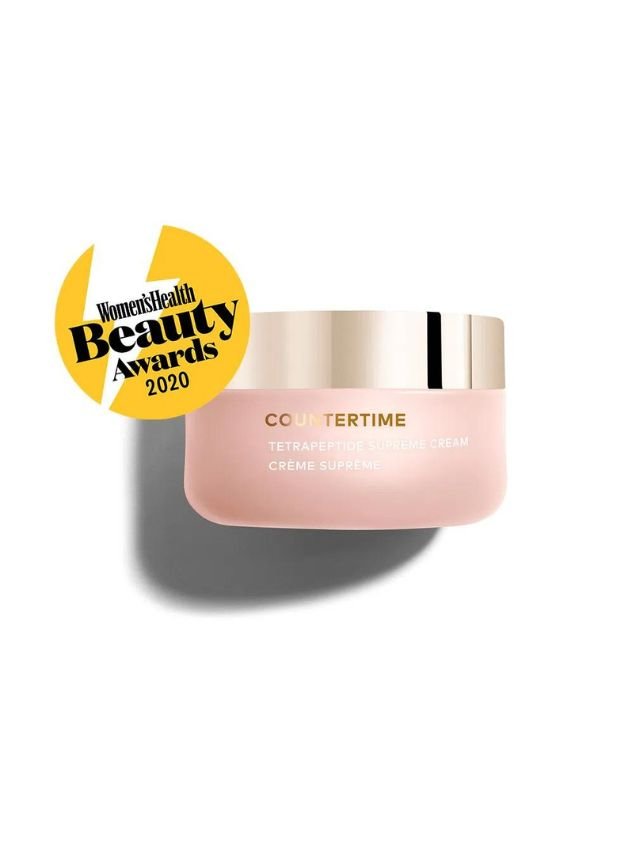Unmasking Clean Beauty: Is it a Real Thing or Just a Trend?
Hey there: My posts may contain affiliate links. If you buy something through one of those links, you won’t pay a dime more, but I’ll get a small commission, which helps keep this place running. Lastly, I will NEVER recommend a product I have not used or would not use. Believe that!
In the ever-evolving beauty industry, the term "clean beauty" has taken center stage, promising a revolution in skincare and cosmetics. As consumers increasingly prioritize health, transparency, and sustainability, clean beauty has emerged as a guiding light. In this exploration, we not only unravel the essence of clean beauty but also spotlight five trailblazing companies leading the charge towards a safer, more conscientious beauty experience.
Defining Clean Beauty
Clean beauty transcends mere aesthetics, embracing a holistic approach that prioritizes non-toxic, ethically sourced, and environmentally friendly ingredients. At its essence, clean beauty seeks to redefine industry standards, championing products that not only enhance beauty but also promote well-being. This movement hinges on transparency, demanding open disclosure of ingredients to empower consumers to make informed choices.
The Rise of Clean Beauty
The surge in clean beauty's popularity owes much to the relentless efforts of pioneering brands that have made it their mission to redefine the beauty landscape. Among these trailblazers are Beautycounter, Follain, RMS Beauty, Tata Harper, and Ilia Beauty. These companies have played a pivotal role in propelling clean beauty from the fringes into mainstream consciousness.
Navigating the Clean Beauty Landscape
Countertime Tetrapeptide Supreme Cream
Beautycounter, known for its commitment to transparency, advocates for stricter regulations in the beauty industry. Follain curates a selection of clean beauty products, ensuring that each item meets stringent safety standards. RMS Beauty focuses on raw, organic ingredients, crafting products that nourish the skin naturally. Tata Harper, renowned for its farm-to-face philosophy, emphasizes freshness and sustainability. Ilia Beauty, a leader in clean makeup, seamlessly blends natural pigments with high-performance formulas.
Challenges and Criticisms
As the clean beauty movement gains momentum, challenges and criticisms have emerged. However, these companies have been proactive in addressing concerns. Beautycounter actively lobbies for stricter regulations, aiming to establish a safer industry standard. Follain employs a rigorous approval process, ensuring that every product aligns with their high standards. RMS Beauty pioneers the use of raw, food-grade ingredients, challenging the notion that synthetic equals effective. Tata Harper maintains a commitment to sustainability, despite challenges posed by the beauty industry's traditionally wasteful practices. Ilia Beauty, with its dedication to clean makeup, faces the ongoing challenge of dispelling the notion that natural beauty products compromise performance.
In Conclusion
In conclusion, the clean beauty movement gains strength and credibility through the unwavering commitment of companies like Beautycounter, Follain, RMS Beauty, Tata Harper, and Ilia Beauty. As consumers increasingly seek products aligned with their values, these brands provide not only effective solutions but also a roadmap for an industry-wide transformation. As we navigate the evolving landscape of clean beauty, it's evident that these pioneers are not just brands; they are beacons guiding us toward a future where beauty is synonymous with health, ethics, and sustainability.
The Ordinary Snob, Inc. is a participant in the Amazon Services LLC associates program, an affiliate advertising program designed to provide a means for sites to earn advertising fees by advertising and linking to amazon.com, Amazon, the Amazon logo, AmazonSupply, and the AmazonSupply logo are trademarks of Amazon.com, Inc. or its affiliates.


